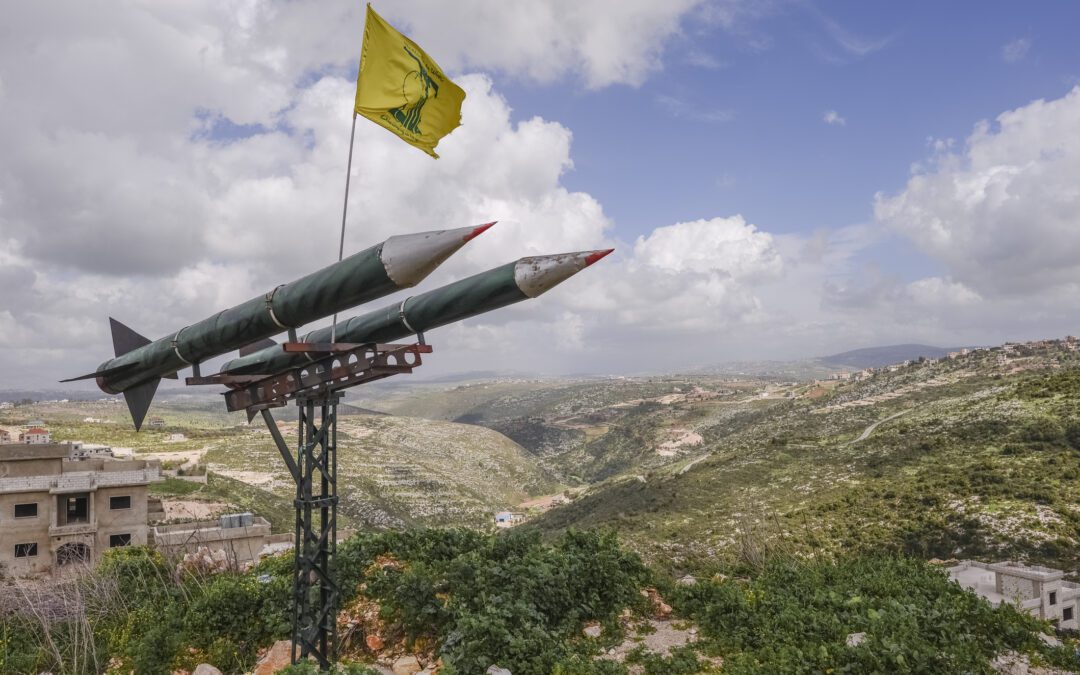Israel’s intelligence operation that caused thousands of pagers and walkie-talkies issued to members of Hezbollah to explode in unison was a remarkable feat that no doubt provides some degree of succor to Israelis still traumatized by the failure of their intelligence services to prevent the October 7 attacks by Hamas. That operation will do much to repair the damaged image of the Mossad and Shin Bet. Israel has compounded the success of that operation by launching airstrikes that are taking out senior Hezbollah officers, particularly those of the elite Radwan force. Hezbollah seems to have been caught flat-footed, as it reels from the damage and humiliation caused by the Israeli attacks.
A number of commentators have questioned why Israel unleashed its operation now, with many suggesting that the Israelis were in a use-it-or-lose-it situation; the longer the operation was left extant, the more likely the explosives used to detonate the Hezbollah communications equipment would be discovered. Whatever the reason, Israel needs to quickly adopt a sound strategy to take advantage of the situation.
The Israeli operation has had the effect of shocking Hezbollah, inducing disorder within the militant group and seriously disrupting Hezbollah’s communications capabilities. Moreover, so extraordinary was Israel’s success, that Hezbollah commanders and fighters are left wondering whether they can trust any elements of their infrastructure. And perhaps even more importantly, the intelligence efforts that went into planning and carrying out the operation and that have enabled Israel to take out Hezbollah leaders with airstrikes have undoubtedly fueled paranoia within the organization, as no one can be certain who among them can be trusted. Israel would do well to exploit this situation. If Israel can keep this sort of pressure on, such anxiety and paranoia could induce Hezbollah to cannibalize itself, as recriminations and purges consume the organization. This internal chaos could do even more damage to Hezbollah’s capabilities than any slew of artillery fire or airstrikes could, perhaps causing the militant group to implode.
In order to accomplish this, Israel must keep the pressure on by continuing to launch operations aimed at fueling this disorder and paranoia. This would bring the conflict to a different place from where it has been for many years – essentially a stalemate that occasionally erupts into exchanges of missile or rocket fire and airstrikes between the combatants, but with many expecting an all-out war at some point. Perhaps now is the time when Israel can permanently disable Hezbollah as a threat on its northern border.
It is unclear at this point exactly what Israel’s aims are vis-a-vis Hezbollah. There is very little appetite among Israeli leaders for any sort of ground offensive that could lead to an occupation. At the very least, Netanyahu wants for the 50,000 Israelis who have been displaced from northern Israel by the fighting to be able to return safely to their homes. But would Israel be content with that or would they exploit this opportunity to ensure that Hezbollah is no longer a threat of any sort to Israel?
By aligning itself with Hamas and sending large numbers of missiles and rockets into Israel in support of them, Hezbollah has made itself fair game for Israel’s military might. With that opportunity, however, comes an obligation on Israel’s part to minimize civilian casualties. But if Israel can continue its string of successes against Hezbollah, the organization may do much of Israel’s dirty work for it and either destroy itself or so severely weaken itself that it is but a shadow of its former self. And who knows . . . depending on how successful Israel is, perhaps Israel can bring to Lebanon the stability and democracy it deserves but that has been so elusive for so long. And let’s not forget about Iran; perhaps as Hezbollah goes, so goes Tehran. Stay tuned!


